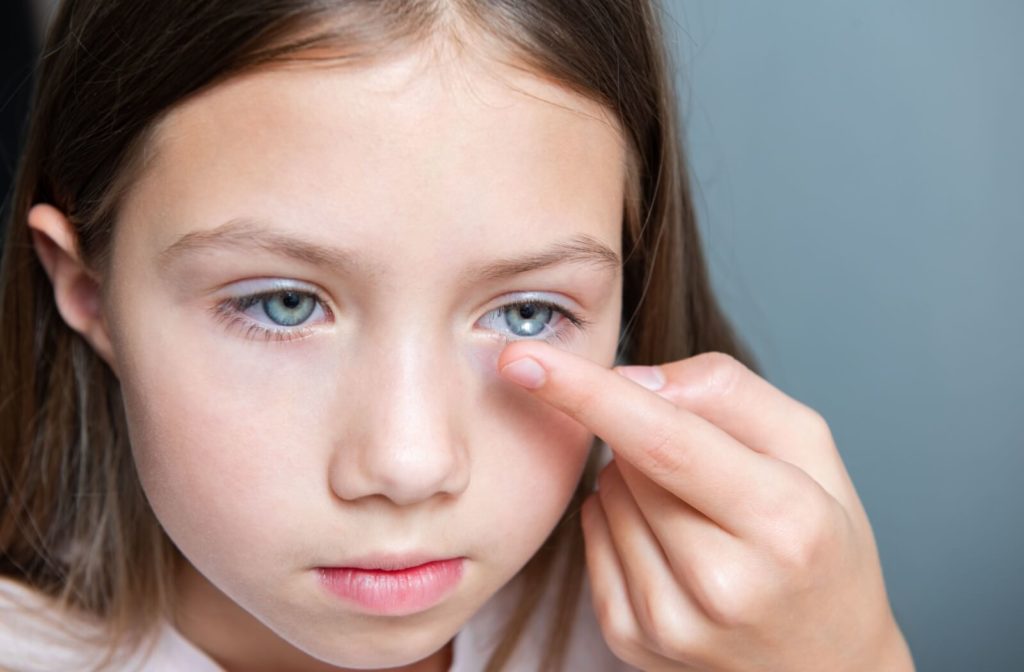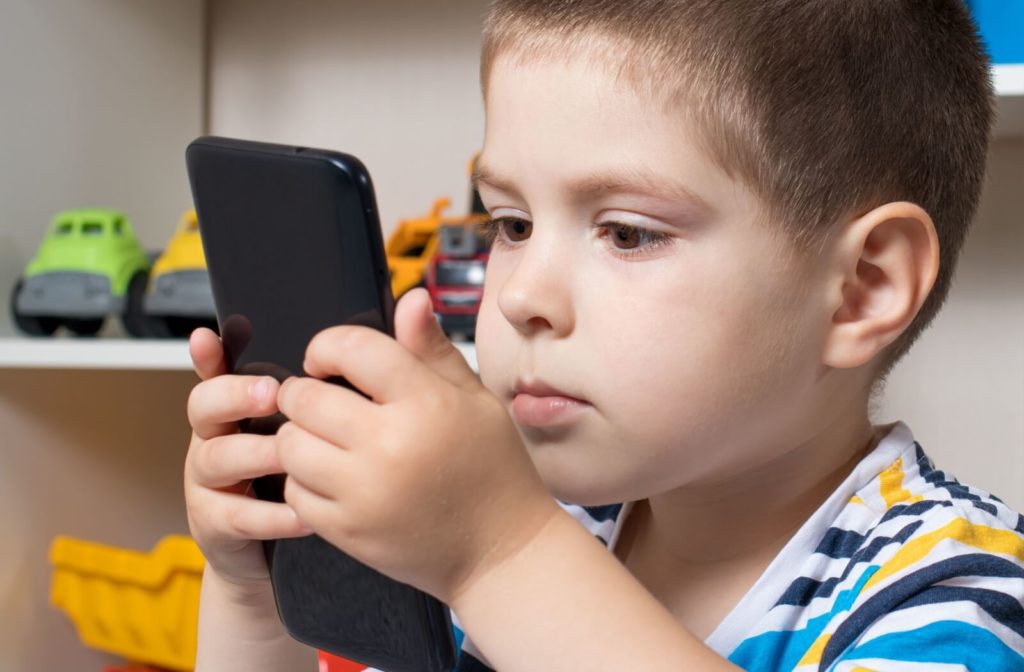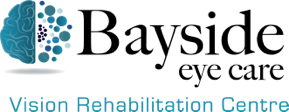Myopia, or nearsightedness, is becoming a growing concern worldwide, particularly among children and adolescents. The increasing prevalence of myopia has sparked a search for effective solutions to slow its progression.
Enter MiYOSMART lenses, a myopia control lens designed to help manage myopia and slow its progression through special focusing technology. Although myopia cannot be cured, Miyosmart lenses have shown promise in their myopia-slowing capabilities.
An important point to note is that myopia control isn’t a one-size-fits-all solution. The severity of the refractive error and your child’s overall eye health can affect which myopia control solution is right for them. Your eye doctor can help determine this.
Understanding Myopia
Myopia is a refractive error in which distant objects appear blurry while close objects can be seen clearly. It occurs when the eye grows too long from front to back, causing light to focus in front of the retina instead of directly on it.
Symptoms of myopia include:
- Difficulty seeing distant objects clearly
- Frequent squinting
- Eye strain
- Headaches
Child-specific symptoms include:
- Poor school performance
- Short attention span—it’s possible for myopia to be misdiagnosed as ADHD due to children not always being able to accurately describe the symptoms they’re experiencing
- Holding things close to face
Factors Contributing to Myopia
Several factors can contribute to the development of myopia.
Genetics play a significant role, so children with myopic parents are more likely to develop the condition. Environmental factors such as prolonged near work (reading, using digital devices) and insufficient time spent outdoors also contribute to the increasing rates of the condition. Understanding these factors is crucial for addressing and managing myopia effectively.
The Importance of Early Intervention
Addressing myopia in its early stages is crucial for long-term eye health. Early intervention with innovative solutions like MiYOSMART lenses can significantly reduce the progression of myopia and its associated risks. Untreated myopia can lead to severe complications, such as an increased risk of glaucoma, cataracts, or retinal detachment.
Technology Behind Miyosmart Lenses
MiYOSMART lenses utilize Defocus Incorporated Multiple Segments (D.I.M.S.) technology, a recent advancement in vision care. D.I.M.S. technology involves a central, honeycomb-shaped optical zone for clear vision and a surrounding area with multiple defocus segments. These segments create a myopic defocus, which helps slow down the eye’s elongation and, consequently, the progression of myopia.
By incorporating defocus segments, these lenses continuously impose myopic defocus on the peripheral retina, thereby signalling for the eye to slow down its growth. On average, MiYOSMART lenses provide a 60% myopic slowing effect, providing a noninvasive and effective long-term solution for managing nearsightedness in children and adolescents.
Benefits of Using MiYOSMART Lenses
MiYOSMART lenses can provide your child with a couple of benefits.
Long-Term Eye Health
Using MiYOSMART lenses offers long-term benefits for eye health. By slowing down myopia progression, these lenses help reduce the risk of developing severe eye conditions associated with high myopia, such as retinal detachment, glaucoma, and cataracts. Early intervention with MiYOSMART lenses can lead to healthier eyes and better vision in the future.
Improved Academic Performance & Quality of Life
Clear vision is a vital component in your child’s academic performance and overall quality of life. With MiYOSMART lenses, children may experience less eye strain and discomfort from myopia, allowing them to focus better on their studies and extracurricular activities. Improved vision also boosts confidence and social interactions, contributing to a well-rounded and fulfilling childhood experience.

Alternative Myopia Control Methods
Even though they are effective, Miyosmart lenses aren’t a one-size-fits-all solution. An alternative form of myopia control may better serve your child’s vision.
Atropine Eye Drops
Atropine eye drops are another method used to control myopia progression. Low-dose atropine drops are administered daily and have been shown to effectively reduce myopia progression. Low-dose atropine comes in various strengths. Your child’s eye doctor will work with you to find the right dose for your child that maximizes the benefit while minimizing potential side effects.
Orthokeratology (Ortho-k)
Ortho-k involves wearing specially designed contact lenses overnight to temporarily reshape the cornea. This method provides clear vision during the day without needing glasses or contact lenses. Ortho-k has been proven to slow myopia progression, but requires diligent compliance and regular follow-ups with an eye care professional.
Discuss Myopia Control with Your Child’s Eye Doctor
MiYOSMART lenses offer a practical and effective solution for managing myopia in children and adolescents. These lenses provide a noninvasive approach to slowing down myopia progression.
Give us a call at Bayside Eye Care to book an appointment today. One of our experienced optometrists can examine your child’s eyes and determine an effective treatment plan. We can also provide more information about MiYOSMART lenses and how they can benefit your child. If another myopia control method might be more beneficial, we can review that information with you to give you tailored advice for your child.



